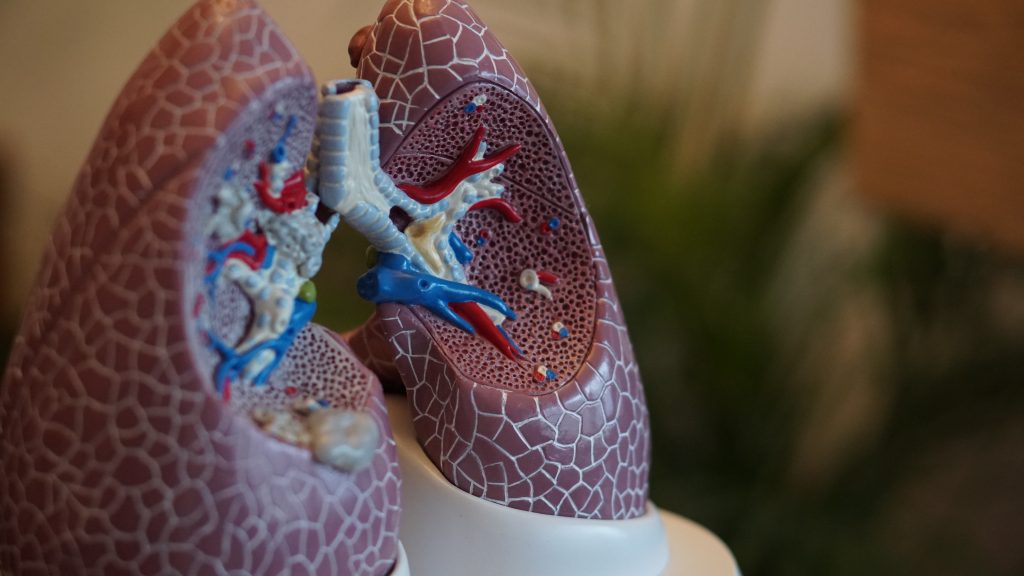Joseph Carter argues for a shift in spending from emergency care and high-cost treatment to a focus on locally delivered interventions for respiratory care.
At £409 million, respiratory is the fifth highest cost to NHS Wales’ budget, but are we spending it correctly?
Respiratory disease is the third biggest killer in Wales and chronic obstructive pulmonary disease (COPD) is one of its biggest contributors. COPD describes a group of lung conditions making it harder to empty air out of the lungs because the airways are narrowed.
There are about 75,000 known cases of COPD in Wales. Due to the lack of awareness of the disease, the true figures are likely to be far higher. We must see a shift in spending from emergency care and high-cost treatment to a focus on locally delivered, person-centred and value-based interventions.
Rehab results
We’re half-way through the Respiratory Health Delivery Plan and, while significant progress has been made, many in Wales are still missing out or left on a waiting list for a support programme such as pulmonary rehabilitation (PR).
PR is a programme of exercise and education designed for people with COPD. There have been significant improvements to the way we deliver PR which make the most of the six to eight-week contact time with patients. But far too many are slipping through the net or left unable to access alternative support while they wait to get on a programme.
PR offers significantly higher-value benefits for patients than costly medicines, many of which only see a real benefit if administered correctly. A common theme in PR is patients with poor inhaler technique – limiting the effectiveness of their prescribed medicines.
We are seeing innovative PR pilots in this area, but unless we’re able to expand our PR offering and ensure every patient in Wales has timely access to it, emergency care will continue to drain resources otherwise available to fund and deliver local interventions.
Evidence suggests PR reduces COPD flare ups by 36%, meaning if we referred everyone eligible to PR, flare ups would fall by one-third. In turn, this would reduce COPD hospital admissions by 13% and halve the time patients spent in hospital – saving 106,000 hospital days.
Singing for Lung Health
We are also seeing vast improvements for COPD patients being delivered through community groups such as the Singing For Lung Health sessions. These locally delivered, peer-supported programmes are placing quality intervention at the heart of Welsh communities with incredible results.
Preliminary findings from the Singing for Lung Health programme showed more than 87% of participants said their breathing had improved thanks to the sessions and saw significant improvements in their daily lives. These included being able to walk for longer, better able to lift and carry objects, fewer illnesses and GP appointments, and improved mental health.
But funding for these projects is limited. Until we prioritise investment in these community-based interventions many will remain isolated. This only increases inactivity causing a faster deterioration of health and well-being.
World COPD Day
Today is World Chronic Obstructive Pulmonary Disease Day and as we celebrate the variety of work taking place across Wales to support people living with COPD, we must remember that this progress and innovation can only continue with the right investment.
We’ve achieved a lot in Wales since the first Respiratory Health Delivery Plan was launched in 2014, but we need to match the ambition from government with resources on the ground.
We are calling on health boards to invest in community respiratory nurses and pulmonary rehabilitation team so every GP cluster and every community has access to high quality services whether it is a rural or urban area. COPD is the third biggest non-cancer killer. We must take action now.
Photo by Robina Weermeijer on Unsplash
All articles published on Click on Wales are subject to IWA’s disclaimer.





